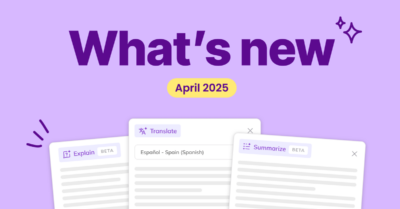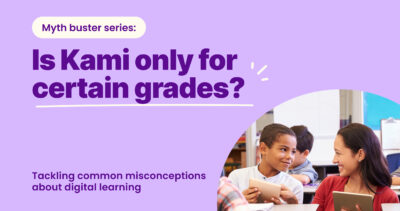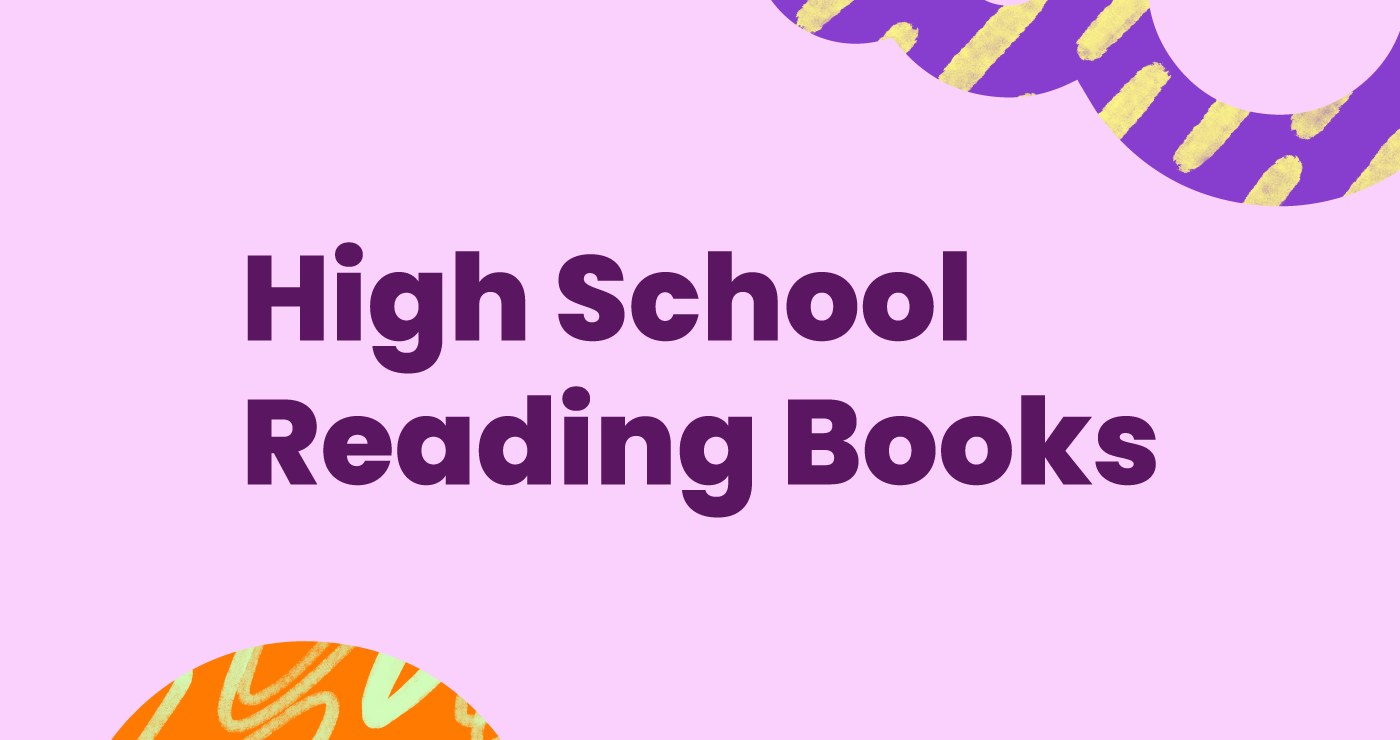Shirin Bradfield
Reading in high school is about more than the actual mechanics of reading. Concepts like phonics and sentence structure learned in first grade and middle school should be well and truly ingrained by now.
In high school, reading is about ideas and giving students a wider, more diverse worldview. The more widely students can read the more experience they have with different viewpoints. Reading can put students in the shoes of a black man in the 1930s or a Jewish teenager held in a camp in World War II, or a young girl in the middle of a love story.
It also helps students to understand more about themselves and find characters that they can identify with.
Must read books for your high school English class
Required reading in high school can be challenging and ask students to open themselves up to new thoughts. Here are some classic books by English and American authors that should definitely be on your class reading list:
- I Know Why the Caged Bird Sings by Maya Angelou: Students should read this book to gain insight into the experiences of African American women and the power of resilience and self-love.
- Frankenstein by Mary Shelley: Students should read this book to explore the dangers of playing God and the consequences of unchecked scientific progress.
- Animal Farm by George Orwell: Students should read this book to learn about the corruption of power and the dangers of totalitarianism.
- Brave New World by Aldous Huxley: Students should read this book to examine the consequences of a society controlled by technology and the value of individualism.
- Romeo and Juliet, Hamlet, and Macbeth by William Shakespeare: Students should read these plays to appreciate the beauty and complexity of Shakespeare’s language and to explore timeless themes of love, revenge, and power.
- The Catcher in the Rye by J.D. Salinger: Students should read this book to relate to the struggles of adolescence and explore themes of isolation and identity through the eyes of its main character Holden Caulfield during his vacations in New York.
- The Odyssey by Homer: Students should read this epic poem to learn about the hero’s journey and the importance of perseverance and cunning.
- To Kill a Mockingbird by Harper Lee: Students should read this book to examine the injustices of racism and to explore themes of courage, empathy, and morality.
- Of Mice and Men and The Grapes of Wrath by John Steinbeck: Students should read these books to gain insight into the lives of migrant workers during the Great Depression and to explore themes of friendship, poverty, and the American Dream.
- The Great Gatsby by F. Scott Fitzgerald: Students should read this book to examine the emptiness of the American Dream and the corruption of wealth and power.
- Lord of the Flies by William Golding: Students should read this book to explore the dark side of human nature and the fragility of civilization.
- The Scarlet Letter by Nathaniel Hawthorne: Students should read this book to examine the consequences of adultery and to explore themes of sin, guilt, and redemption.
- Pride and Prejudice by Jane Austen: Students should read this book to appreciate Austen’s wit and social commentary and to explore themes of marriage, class, and gender.
- Fahrenheit 451 by Ray Bradbury: Students should read this book to examine the dangers of censorship and the power of knowledge and free thought.
- Slaughterhouse-Five by Kurt Vonnegut: Students should read this science fiction book to explore the absurdity and trauma of war and to examine the power of storytelling.
- Great Expectations by Charles Dickens: Students should read this book to understand how outside influences can have an effect on people as they grow up.
- Their Eyes Were Watching God by Zora Neale Hurston: Students should read this coming-of-age story to explore themes of freedom, identity, and resilience.
- Night by Elie Wiesel: Students should read this book for a candid firsthand account of the Holocaust and its effect on a young man.
- The Picture of Dorian Gray by Oscar Wilde: Students should read this book to explore the impact of focusing too much on aesthetics.
If you are looking for more inspiration for other great books for your high school reading list, you could look for recommendations and reviews on websites like GoodReads or Common Sense Media.
Encouraging discussion of literature among high school students
Discussing the books they read, helps your students understand the themes and ideas behind the writing and how it can relate to their own circumstances. Try the following activities to further your class’s reading discussion.
Book reports — book reports allow you to gauge your student’s understanding of the book. At this level book reports should be detailed and offer in-depth assessments of the plot and writing style.
Debates — Divide your students into groups and ask them to debate a point in the plot or a central character. Some of the books in the list above tackle weighty topics that should really make your students think. You could divide into teams, for and against a concept, for example, the censorship described in Fahrenheit 451.
Reading sessions — You might think reading aloud is something for first-grade readers, but it can work in high school classrooms too. Hearing excerpts read aloud helps students to better understand the emotion behind the writing and in some cases better understand the language. Have students read sections of the book aloud or, if you are studying a play, then ask several students to act out a scene.
Explore literature in different formats — If you have some reluctant readers in your class, then consider books in different formats to encourage their interest. Look for graphic novel versions of popular books, or graphic novels which cover the same topics, or watch the film or stage version of a play or novel.
Use outside resources — Engage your students in activities like the Read Across America program and make use of the online resources associated with these events to supplement your classroom reading program.
You may also like

Unlocking understanding: Kami’s latest updates designed for every learner

The state of SPED and ELL technology in 2025

